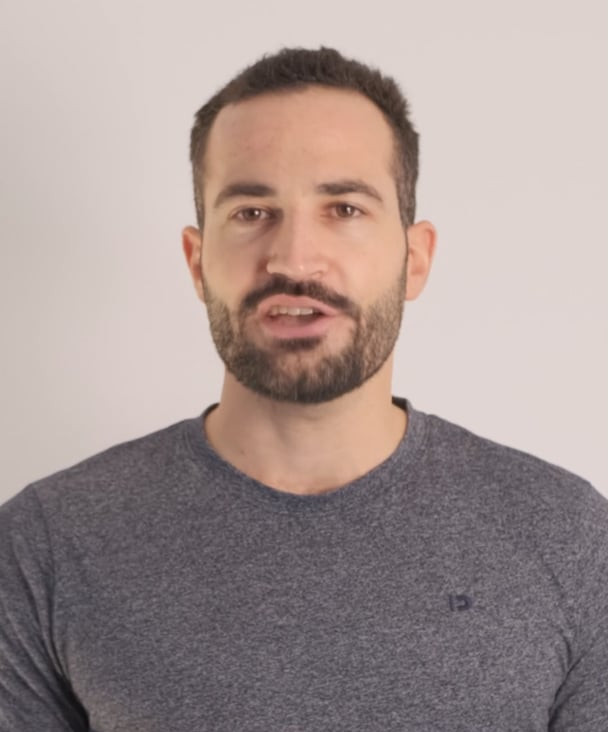Preparing for a case interview can feel overwhelming, but having a structured plan will help you stay focused and make steady progress. A well-organized approach ensures you build a strong foundation, practice effectively, and refine your skills before the big day.
In this guide, we will walk you through the key components of an effective practice plan, including self-study, peer practice, and working with a coach. Let’s go!
How Much Time Should You Spend Preparing for the Case Interview?
To get the most out of your preparation, it's important to start early. Ideally, you should begin at least 6-8 weeks before your first interview to give yourself enough time to cover all key areas.
The amount of time you’ll need also depends on your background. If you're completely new to case interviews, dedicating 10-12 hours per week to a mix of theory and practice will help you develop a solid understanding. If you already have some experience, 6-8 hours per week should be enough to sharpen your skills and refine your approach.
Key Components of an Effective Preparation Plan
Successfully preparing for a case interview requires a structured approach that builds both the necessary skills and the right mindset. Let’s break down the essential steps of a strong preparation strategy:

1. Build a Foundation with Self-Study.
When starting your practice, it’s important to build a solid foundation first. The good news: You’ve come to the right place as our Case Interview Basics offer the ideal starting point. If you work through the content thoroughly, you’ll have built the most important foundation – giving you the key knowledge to confidently move forward with the rest of your interview preparation.
When getting started with case interview prep, it's important to focus on the core areas that truly matter. Our Case Interview Basics are designed to walk you through all the essential background knowledge and concepts step by step. From our perspective, you should cover the following areas:
Understand the purpose behind case interviews.
Before diving into techniques, it helps to know why case interviews are used in the first place. Consulting firms want to see how you approach unfamiliar problems – and whether you think and communicate like a consultant. In the General Info chapter, you'll learn how case interviews simulate real-life consulting challenges and why they're such a central part of the recruiting process.
Know what skills firms are really testing.
It's not just about getting the right answer – firms look for how you think, how you structure your thoughts, and how clearly you communicate under pressure. In the Consulting Skills section, you'll find a breakdown of note-taking, interpreting charts and data, case leadership, stating your recommendation, and presenting your ideas clearly. You’ll also explore key topics like creativity and essential business facts to help you stand out in your interviews.
Master case types, structures, and frameworks.
Case structuring is one of the most critical – and most challenging – skills to develop. That’s why a big part of your prep should be focused here. In the chapters about the Case Interview Structure and Frameworks, we introduce different case types (like profitability, market entry, or M&A) and show you how to break them down using logical, custom-built structures – rather than relying on a generic, one-size-fits-all approach. This section will give you practical tools for building strong case approaches from scratch.
Bonus: Improve your mental math.
Strong math skills are essential in many cases – especially market sizing or profitability questions. But it’s not just about speed – it's about calculating confidently while explaining your logic out loud. Our chapter Math in Case Interviews helps you sharpen your math-skills and boost both speed and accuracy in high-pressure settings. You can also check out our Mental Math Tool to improve your skills.











